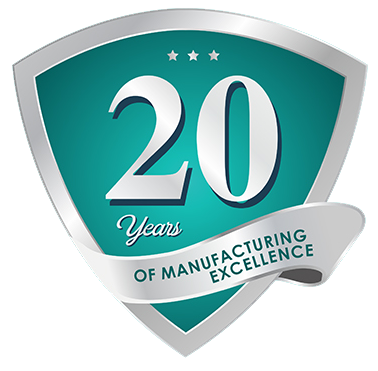
ABOUT COMPANY MRINALINI INDUSTRIES
ELAN is a fast-growing Indian Manufacturer of ‘Wellness Products’ covering Hand Dryers, Automatic Soap Dispensers, Automatic Sanitiser Dispensers, Baby Change Table, Baby Seat, Shoe Cover Dispenser. ELAN Wellness Products is a result of the arrangement between Mrinalini Industries & SPL LTD, New Zealand for technology collaboration to manufacture Hand Dryers in India. Mrinalini Industries an engineering company founded in 2002, known for its quality through serving the supply chain of major auto OEM’s and kitchen appliances OEM, has ventured into manufacturing Wellness Products under its brand ELAN. SPL LTD has over 2 decades of rich experience in the manufacturing and marketing of hygiene products across the globe. ELAN has revolutionized the Indian Hand Dryer Industry by launching ELAN EHD 101, the FIRST INDIGENOUS HAND DRYER to be manufactured in India.

Dry hands are safe hands
Studies carried out at the University of Auckland* have shown the number of disease-causing germs picked up and passed on by touch contact depends on how wet or damp your hands are.
Wet hands transfer up to 70,000 germs to items such as skin, food and utensils during brief contact. This number is reduced to a few hundred if the hands have been dried carefully.
The risks of picking up and passing on viruses and other micro-organisms are high if the hands are wet or even damp. Good hand hygiene therefore is a matter of washing and drying the hands carefully. Hands need to be washed in a stream of running water with rubbing and dried with care.
Surveys have shown that many users of public rest room facilities take short cuts washing and drying their hands. Impatience and queue waiting to access hand drying equipment means that few users of rest room.
Using a warm air dryer, is an effective way of ensuring your hands are completely dry. The bad press often ascribed to warm air dryers is due entirely to the fact that, in practice, they are used for just a fraction of the time needed to achieve dry hands.
The economics of hand drying
Studies carried out at the University of All methods of hand drying have their merits, however look at the economic, environmental, and socially acceptable advantages of warm air dryers.
- They are cost effective – no need to continually restock with paper towels or other drying products.
- Reduction in litter and waste in comparison with paper towels, which cannot be recycled, therefore better for the environment.
- No more piles of damp paper towels strewn over the floor or blocking the toilets.
- You can’t toss them into a bin and set them alight.
- Hygienic, comfortable to use and gentle on sensitive skin.


School absenteeism
skyrockets in the
Winter months
Here’s why ...
Coughs, colds, sore throats, fl u and chest infections are the cause of the seasonal rise in school absenteeism for both students and staff during the winter months. Most people are aware that respiratory infections can be spread by coughing and sneezing close to others, the so called droplet infection route. More often, however, these problems have been picked up through contact with classroom and shared items that have become contaminated with virus. Once on the hands, using your fi ngers to touch entry points such as the eyes, nose and mouth is all that is needed for an infection to get started. Before you know it, you’re sick
Carefully washed and dried hands essential for World Health
In 2009, the World Health Organisation declared a worldwide pandemic. Many countries, including New Zealand, set up border patrols to contain the spread of a dangerous new virus – Novel Infl uenza A H1N1 (“Swine Flu”). However, the controls really just bought the world a bit of time to plan an emergency response. Eventually the virus took hold of every country it reached, including New Zealand. Hand-washing was promoted everywhere as the Number 1 defence for preventing the spread of H1N1, and is in fact at the top of the list of preventative hygiene generally. Why? Because it prevents the contact transfer



